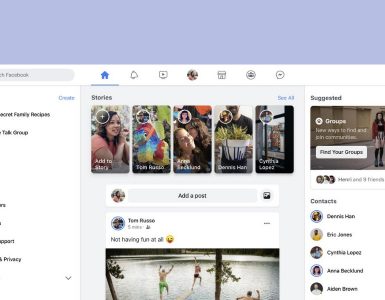Eddie Bernice Johnson, member of Congressional Black Caucus said, “Underrepresented minorities, who by 2050 will comprise more than 50 percent of our population, are disproportionately lost at every transition point in their STEM, including computer science and programming, studies and careers. When so much of our present and our future is dependent on computer science and programming, we cannot afford to continue hemorrhaging so much talent. We must all work together to leverage our respective strengths and resources to tackle this issue.”
A research study was conducted by McKinsey and Facebook which paved the way for TechPrep. The study was about the participation of minorities in programming careers. The study found:
- 77% of parents/guardians don’t know how to help their child pursue degrees in CS.
- For lower-income and non-college graduate parents/guardians, that figure increases to 83%
Maxine Williams, Facebook Global Director of Diversity said, “What we see around coding and programming, is that there are some communities in which, because the parents’ capacity is not there — the guardian —that we’re losing whole generations of people who could be guided into these really lucrative, engaging, satisfying careers. For most of them and for us, we really need to focus on how we build the capacity of these influencers. They are the most positive people in terms of how they view their children’s potential and we share that belief.”
No harm comes from growing the diverse candidates’ pipeline, but the tech world lacks in diversity and this is because of many problems. Last year in U.S., 36 black people and 73 Hispanic people were hired by Facebook against 603 white people. This means Facebook’s 2 percent workforce is black, 3 percent is Hispanic and 55 percent is white. According to Computing Research Association, 4.5 percent of CS graduates were black and 6.5 percent were Hispanic. This means there a number of eligible candidates out but they are not getting jobs at tech companies.
Williams said, “We’re trying to get more than the 4.5%. Because when you start at 4.5%, everybody who ever got a computer science degree would have to agree to come to Facebook for our number to be at 4.5%. And that’s just not going to happen realistically.” This is where Facebook’s TechPrep comes in, “to increase the number of these people in tech field”. Williams further added, “We are doing short, medium and long term initiatives. So for instance, if you think about the fact that we launched our managing bias training. Bias is something that’s critical in this and it’s not a pipeline issue. We are doing a number of different things, but you can’t do those things and succeed if you don’t also get a more robust pipeline coming in. So it takes everything together.”






















